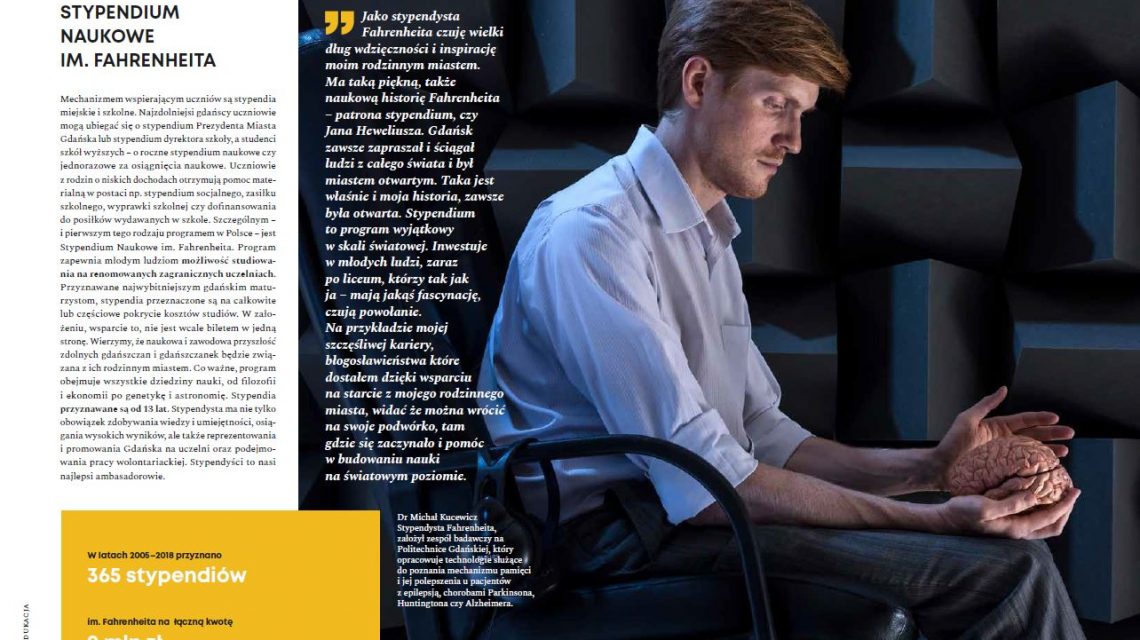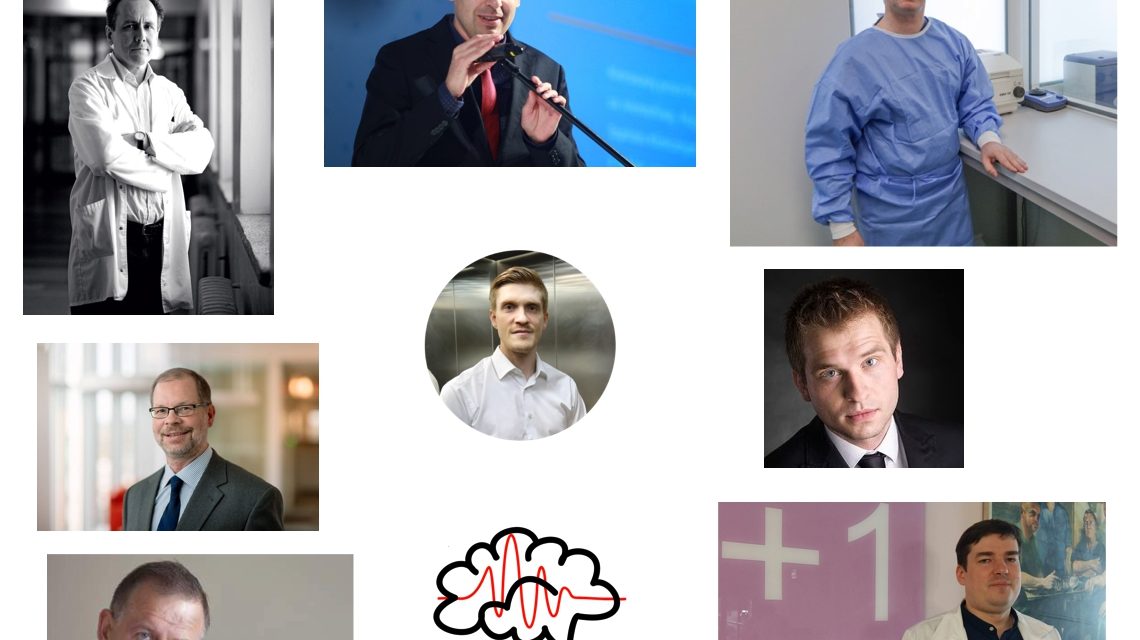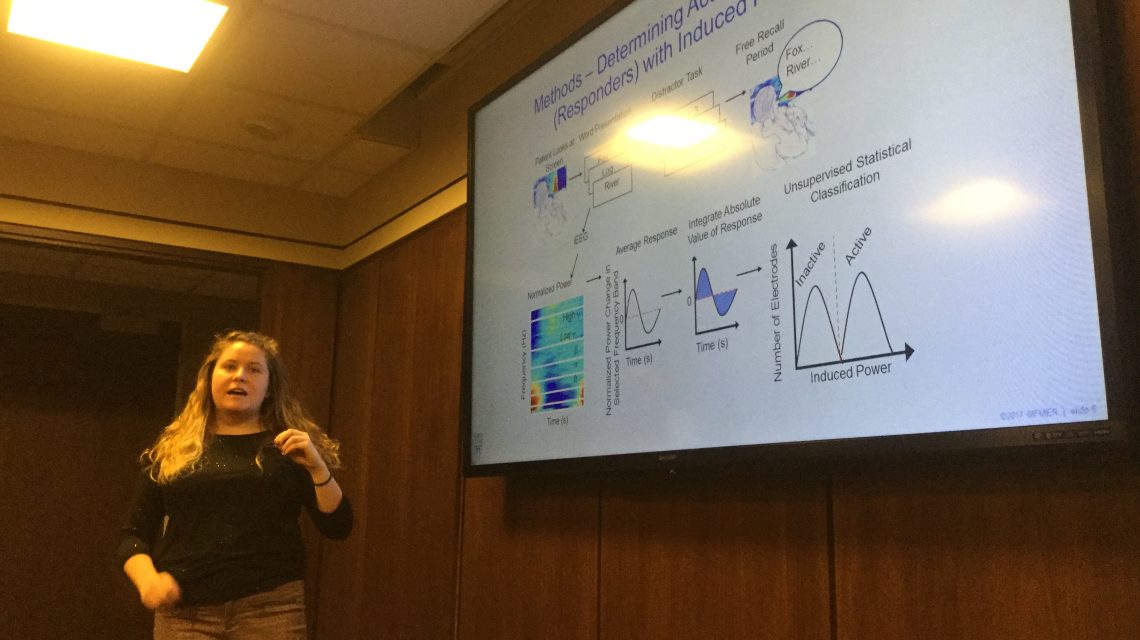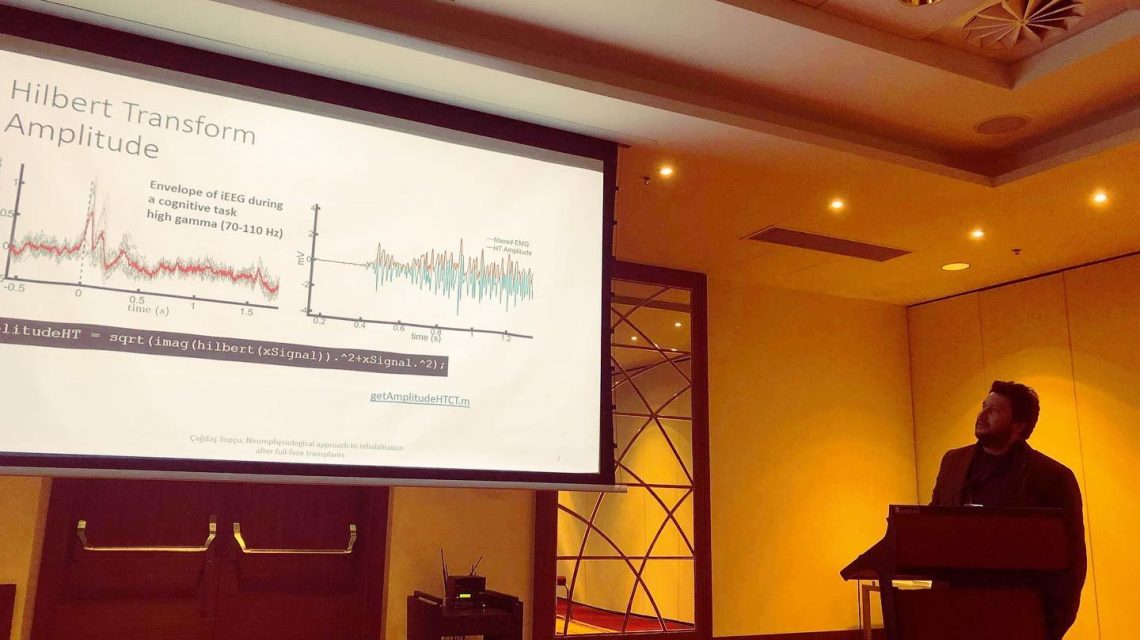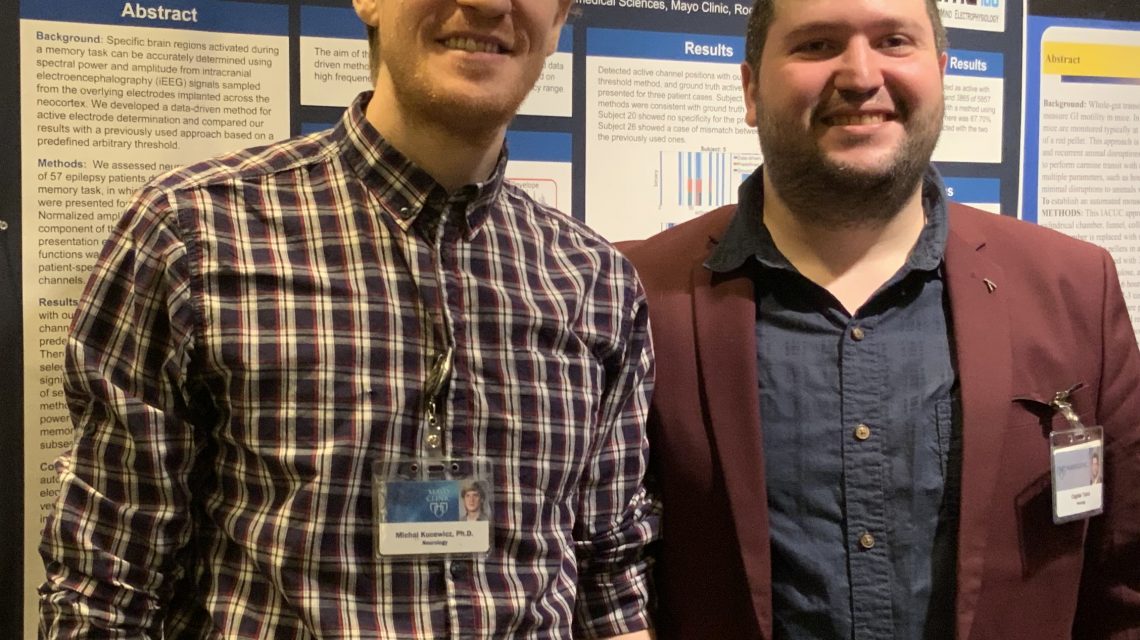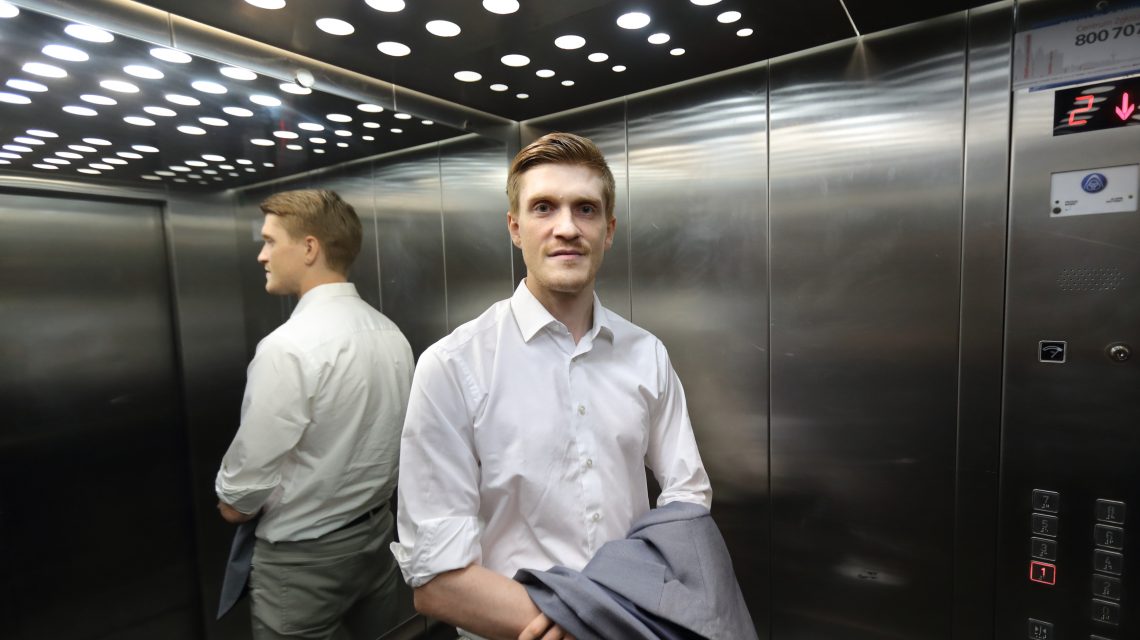Laboratorium BME zostało zaprezentowane w radiowej audycji z cyklu dotyczącego Politechniki Gdańskiej
Dr Kucewicz udzielił wywiadu, który został zaprezentowany w jednej z cotygodniowych audycji poświęconych Politechnice Gdańskiej emitowanych przez Radio Gdańsk. Cykl, składający się z pięciu programów, ma na celu zaprezentowanie ciekawych projektów naukowych realizowanych na Politechnice, która została najwyżej sklasyfikowana wśród uczelni technicznych w ministerialnym konkursie „Inicjatywa Doskonałości – Uczelnia Badawcza” oraz zajęła drugie miejsce w kraju pośród wszystkich uczelni wyższych. Rozmowa ta była trzecią z kolei, a została poprzedzona wywiadami z Rektorem, Prof. Wilde, oraz…
Continue reading

